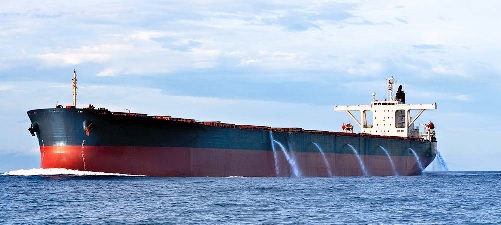
Environmental awareness & ways to mitigate pollution by ships
There is a growing quantity of increasingly demanding environmental legislation relevant to shipping. All ships' officers and crew must comply with these requirements and need to be aware of environmental issues. Every effort is to be made to
conserve and protect the environment from marine, atmospheric and other forms of pollution, including office-based waste. In the marine environment the following types and sources of possible environmental pollution are recognised:
- Oil. Including oil and related products carried as cargo, fuel and oily waste.
- Chemicals, liquefied gases and other noxious liquid substances carried as cargo in bulk and chemical waste.
- Paints and chemicals used for onboard maintenance, by their nature contain hazardous substances. Accordingly the disposal of used or expired paints, chemicals and their containers must be strictly controlled in order to avoid unnecessary pollution. All containers will show hazardous information and most will also include advice on safe disposal. This advice must be followed wherever possible. If there is any doubt as to the safe and proper disposal, the containers must be retained onboard until they can be landed ashore as waste.


